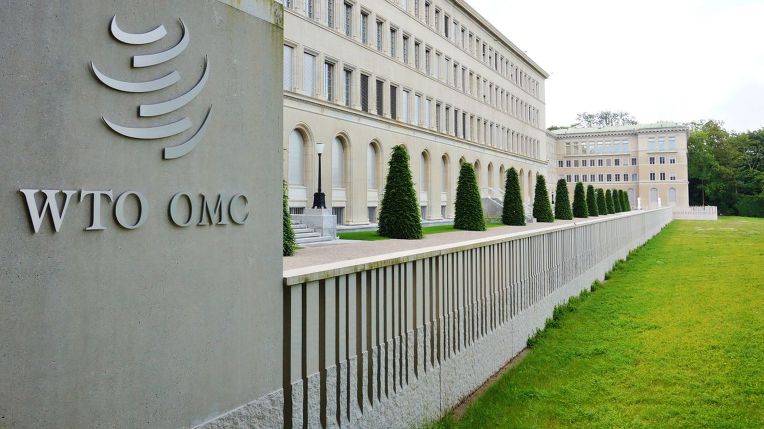
On November 27, the U.S. Trade Representative (USTR) complied with President Trump’s directive to take steps to withdraw essential medicines, medical countermeasures and their critical inputs (“Essential Medicines”), identified by the Food and Drug Administration (FDA), from U.S. commitments under the WTO Government Procurement Agreement (GPA). The U.S. notification was made under the Agreement’s provisions for modifications of coverage. This post examines the U.S. proposal and the GPA modification process, including the role of arbitration.
In an August 2020 executive order, the president directed USTR to “take all appropriate action” to remove Essential Medicines identified by FDA from the procurement that the U.S. covers under the GPA and free trade agreements (FTAs) within 30 days of FDA’s publication of the list (on October 30).
In its GPA notification, the U.S. proposes to remove coverage for all Annex 1 (federal government) entities of “any goods that are deemed necessary for responding to threats arising from chemical, biological, radiological, and nuclear (CBRN) threats and public health emergencies, including emerging infectious diseases such as COVID-19.” For a complete list of the goods to be removed, it provided a link to the FDA list. The exclusion will be added to U.S. notes to the U.S. Annex 1. It does not apply to states covered under the GPA.
In response to the GPA requirement to include in proposed modifications information on “the likely consequences of the change for the mutually agreed coverage” provided under the Agreement, the U.S. simply stated that upon implementation of the modification, the U.S. “will no longer cover the specific products contained on the FDA list.” It added: “All other medical and pharmaceutical products will continue to be covered by Annex 1 entities.”
The next step is for any party whose rights “may be affected” by the proposed modification to object within 45 days of the notice (by January 11, 2021). An objection would freeze the proposed modification until it is resolved or the completion of any arbitration. If no party objects, the modification becomes effective at the end of the objection period. Where a party objects, the parties involved generally try to work out their differences through consultations.
If the parties are unable to resolve differences, any party that has objected to the proposed modification will need to invoke the arbitration procedures, adopted by the parties, within 120 days of the notification or lose the opportunity to withdraw substantially equivalent coverage. If no party initiates arbitration, the U.S.’s proposed modification will become effective 130 days from its notification, and it informs the committee of its intention to implement the modification. In that case, no party can withdraw coverage.
If an objecting party or the U.S. refers the proposed modification to arbitration, the U.S. will not be able to implement it until the arbitration has been completed. Any objecting party that intends to seek compensation from the U.S. or to withdraw substantially equivalent coverage must participate in the arbitration. The arbitrators would be required to determine “whether the proposed modification maintains a balance of rights and obligations and a comparable level of mutually agreed coverage provided in the Agreement and, where appropriate, the level of compensatory adjustment.”
The U.S. would be expected to comply with the arbitration results. If it does not, any objecting party could withdraw substantially equivalent coverage so long as it is consistent with the results of the arbitration.
USTR had to make separate notifications under the 2012 revised GPA and the 1994 GPA since the latter agreement remains in effect as Switzerland has yet to implement the revised agreement. It has indicated it plans to do so on January 1, 2021.
The United States’ proposed removal of products from GPA coverage appears to be the first such use of the modification process. Typically, it is used to remove entities for a variety of reasons, including when they are abolished, privatized, merged or are no longer under government control.
USTR is expected to propose the same modification in U.S. FTAs.
Jean Heilman Grier
December 3, 2020
Related Posts
Trump’s Buy American Order for Medicines
Buy American: FDA’s Essential Medicine List
Need to Initiate GPA Arbitration Process
Implementing GPA Arbitration Procedures
REVISION: This post is a revision of the December 2, 2020 post with the purpose of addressing the role of arbitration in the modification process.

